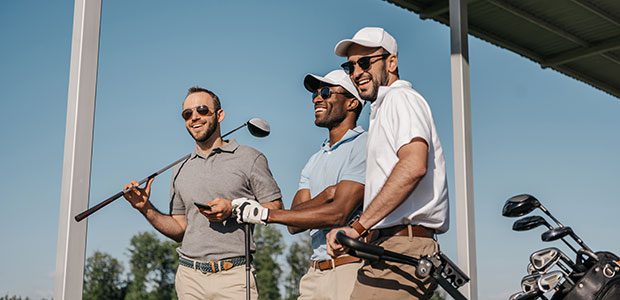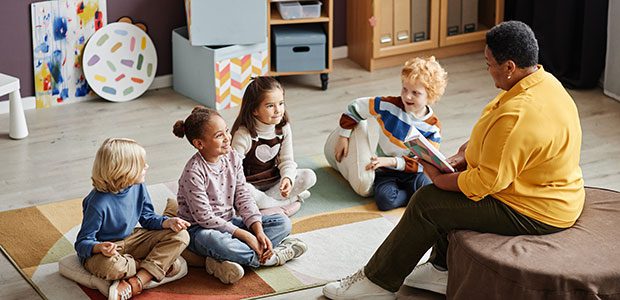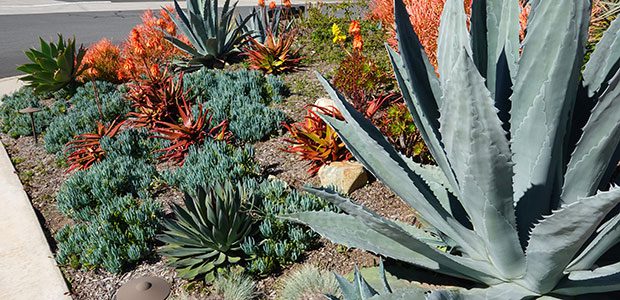By: National Safety Council
The holiday season is one of the most stressful times of the year. You can’t avoid stress completely, but you can give yourself some relief. Use these tips to help have a safer and healthier holiday. Allow yourself enough time to decorate, shop for gifts and meal items, and plan to do a reasonable number of errands.
Decorating Safety
• Never use lighted candles near trees, boughs, curtains/drapes, or with any potentially flammable item.
• Wear gloves while decorating with spun glass “angel hair.” It can irritate your eyes and skin. A common substitute is non-flammable cotton.
• When spraying artificial snow on windows or other surfaces, be sure to follow the directions carefully. These sprays can irritate your lungs if you inhale them.
• Small children may think holiday plants look good enough to eat, but many plants may be poisonous or cause severe stomach problems. Plants to be careful around are mistletoe, holly berries, Jerusalem cherries and amaryllis. Keep all of these plants out of children’s reach.
• When displaying a natural tree, cut about two inches off the trunk and place the tree in a sturdy, water-holding stand. Keep the tree well watered so it does not dry out quickly – dry branches can catch fire from the heat of light bulbs.
• If you use an artificial tree, chose one that is tested and labeled as fire resistant. Artificial trees with built-in electrical systems should have the Underwriters Laboratory (UL) label.
• Stand your tree away from fireplaces, radiators and other heat sources. Make sure the tree does not block foot traffic or doorways.
• Avoid placing breakable tree ornaments, or ones with small, detachable parts, on lower branches where small children or pets can reach them.
• Only use indoor lights indoors (and only outdoor lights outdoors). Look for the UL label. Check lights for broken or cracked sockets, frayed or bare wires and loose connections. Replace or repair any damaged light sets.
• Use no more than three light sets on any one extension cord. Extension cords should be placed against the wall to avoid tripping hazards, but do not run cords under rugs, around furniture legs or across doorways.
• Turn off all lights on trees and decorations when you go to bed or leave the house. Unplug extension cords when not in use.
• When displaying outdoor lights, fasten them firmly to a secure support with insulated staples or hooks to avoid wind damage. Never nail, tack or stress wiring when hanging lights and keep plugs off the ground and away from puddles and snow.
Hosting During the Holidays
• When preparing a meal for family and friends, be sure to wash your hands, utensils, sink and anything that has come into contact with raw meats.
• Clean fruits and vegetables thoroughly. Bacteria may exist on the outside.
• Use different cutting boards and utensils for raw meats, cooked meats and other foods.
• Never defrost food at room temperature. Thaw in the refrigerator, cold water or microwave.
• While doing holiday cooking, keep your knives sharp. Most knife injuries happen with dull blades.
• Use a clean food thermometer to cook foods to a safe internal temperature before serving.
• Avoid cleaning kitchen surfaces with wet dishcloths or sponges. Bacteria can harbor and spread through these items. Use clean paper towels instead.
• When reheating leftovers, bring the temperature up to at least 165° F to eliminate bacterial growth.
• Refrigerate or freeze leftovers in covered shallow containers (foods will cool faster) within two hours after cooking. Date the leftovers for future use.
• If you’re going to serve alcohol at your holiday party, make sure a designated driver gets people home safely. More than half of all traffic fatalities are alcohol-related.
Ladder Safety
• When putting up holiday decorations, always use the proper step stool or ladder to reach high places. Don’t stand on chairs, desks or other furniture.
• If you have to use a step ladder near a doorway, lock or barricade the door. Post signs so no one will open it and knock you off the ladder.
• A straight or extension ladder should be placed one foot away from the surface it rests against for every four feet of ladder height.
• When you climb a ladder, face it and grip the rungs to climb – not the side rails.
• Always keep three points of contact with a ladder– two hands and one foot or two feet and one hand.
• When climbing, keep your hips between the side rails and do not lean too far or overreach. Reposition the ladder closer to the work instead.
• When using a ladder, use one with slip-resistant feet and wear clean, dry and slip-resistant shoes.
• If you are using a ladder outdoors and high winds, rain, snow or other severe weather begins, get down immediately.
• Winds can blow you off the ladder and rain and snow can make both the rungs and ground slippery.








